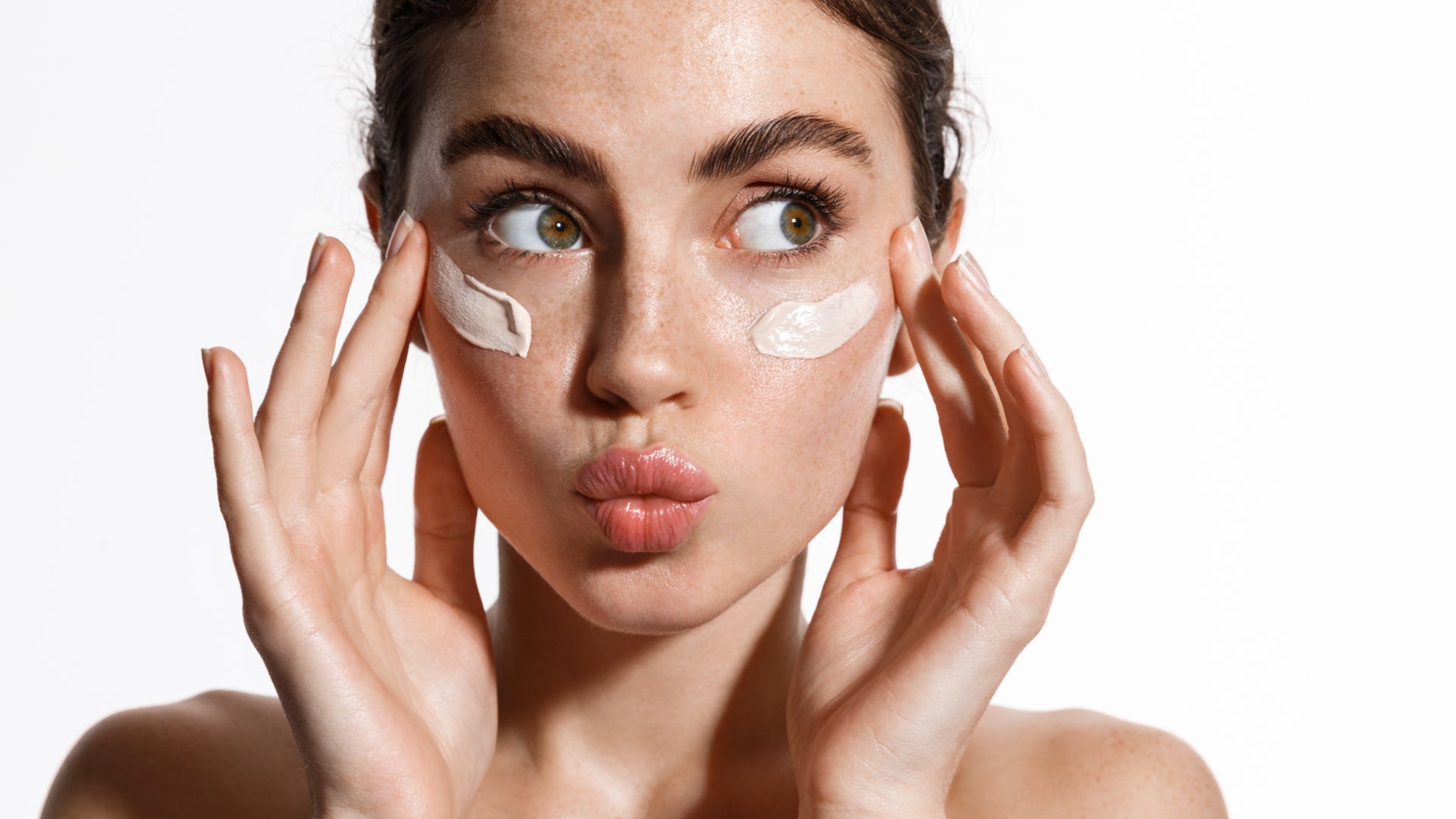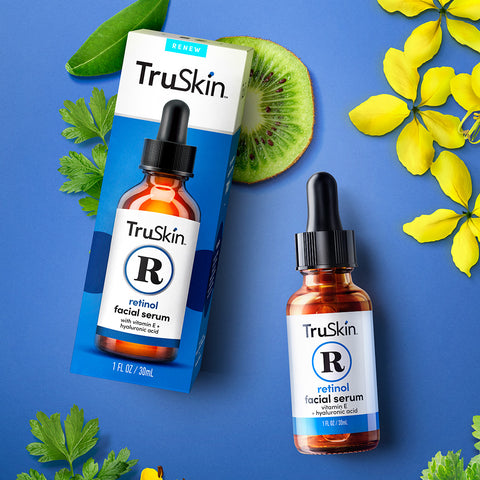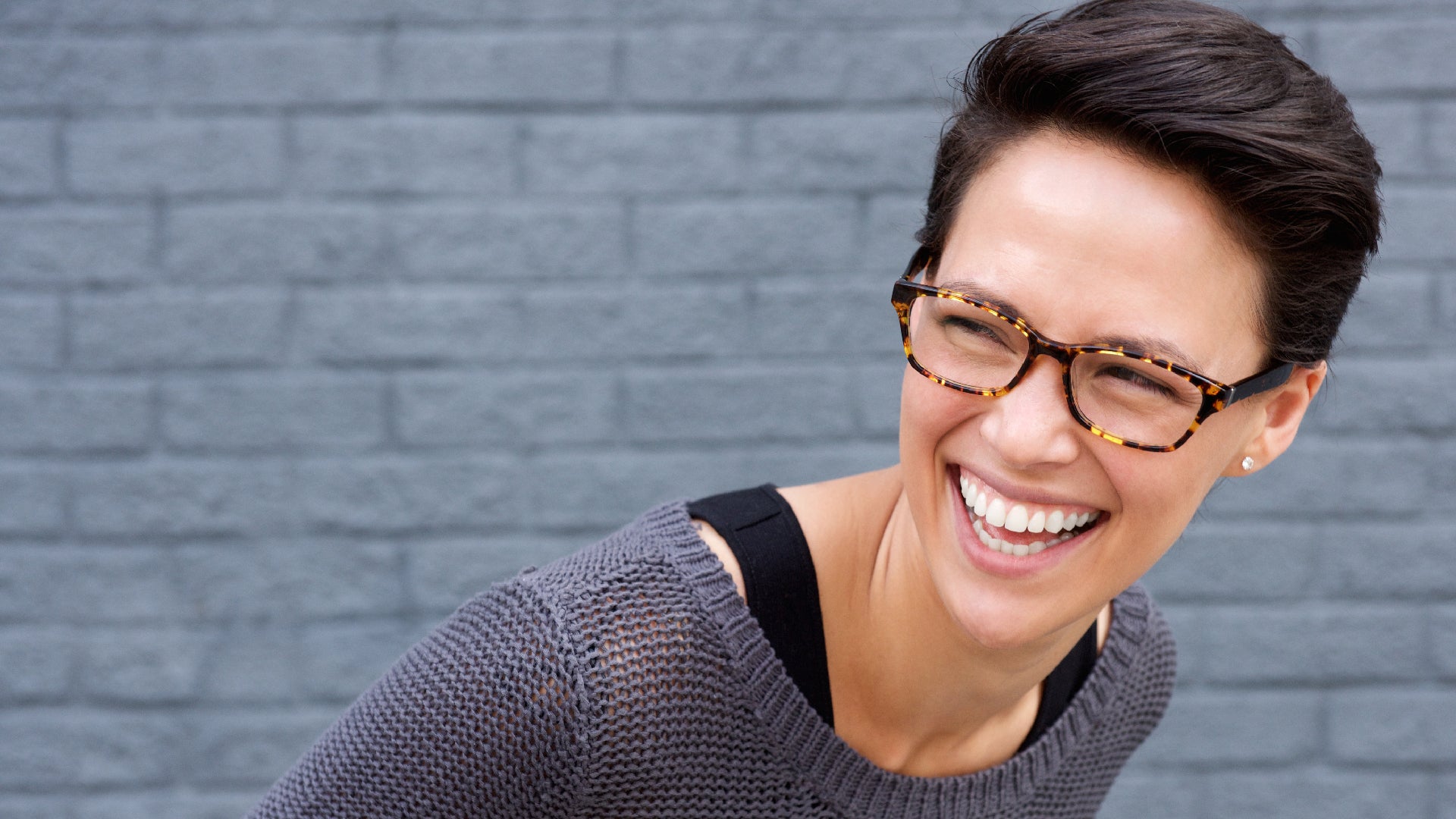
Can You Really Reverse Sun-Damaged Skin?
Answer: yes… and no. Because things are rarely black and white in the wonderful world of skincare.
If you thought smoking, booze, no sleep and poor skincare were the root cause of skin aging, well, you’re not wrong. However, hands down the biggest skin ager and far worse than all those factors put together is the sun. According to the Skin Cancer Foundation, the sun is responsible for around 90 percent of external aging. Not 50, not even 70, but a phenomenal 90 percent.
This, as well as the far more serious risks of skin cancer, is the reason we constantly chirp on about the importance of wearing sunscreen and doing everything you can to protect your skin from the sun. And not just in the summer months, but all year long.
Even the most prudent of you, however, will experience some form of sun damage as you age. Because: life. So, what exactly does sun damage look like – other than the obvious red, sunburnt skin? And once it's there can you do anything about it?
Here’s what we know…
What Is Sun Damage?
In fancy terms, any skin damage caused by the sun is known as photoaging. It usually starts to appear after the age of around 20 because the harsh reality is every time you step foot outside, UV radiation hits your skin and causes some kind of harm.
Sun damage not only damages your blood vessels, DNA, collagen and elastin, but it sends your melanocytes (melanin-producing cells) wild, causing your skin to develop dark patchy areas called solar lentigines – or more familiarly known as dark, sun or age spots. Oh, and you know those freckles you think are cute after a day on the beach? Sun damage, right there.
Other signs of photoaging include fine lines and wrinkles, loose skin, sagging, dryness, spider veins and a ruddy complexion.
So, Can You Reverse Sun Damage?
Completely? No. Somewhat? For sure. What we mean by this is that while a lot of photodamage can be permanent, there are certain skincare ingredients and treatments available to help repair and soften lines, fade dark spots, tighten loose skin and reduce spider veins or a blotchy complexion.
In no particular order, here are three of our favorites…
1. Retinol
Oh retinol, how we love thee. One of the most trusted ingredients in skincare, retinol works by stimulating cell turnover and increasing collagen production which helps improve the color, tone and texture of your skin. By working on your skin at a deeper level than many other ingredients, retinol has the ability to combat almost all signs of photoaging. More specifically it can significantly decrease the visibility of lines, wrinkles and dark spots. Let’s have a group hug for that, please.
It can take a good few months for the effects of retinol to be visible, so you must be patient and consistent. And don’t worry if your skin looks kind of cruddy before it gets better. A little dryness and redness is what’s known as retinization – the process in which your skin is adjusting to the treatment. This should be mild and subside after a short period of time, so bear with it and you’ll be thankful in the long run. Of course, if any irritation is painful or long-lasting, you might need to slow it down a little. Apply your retinol treatment just two or three times a week, rather than daily, until your skin acclimates. Then you can build up again as your skin becomes more tolerant. You could also try a Retinol Moisturizer rather than a serum as moisturizing creams and lotions have a slower delivery system so are much gentler on your skin.
2. Vitamin C
Known at TruSkin HQ as the brightening powerhouse, vitamin C is a clever little antioxidant that mops up free radical damage and fades dark spots into the bargain. Sun-induced free radicals are a real issue when it comes to aging skin because they hunt down all the good proteins in your skin, breaking down collagen and causing all kinds of harm. The great news is you can minimize free radical formation by regularly applying a hard-working topical antioxidant like vitamin C. Our Vitamin C Facial Serum not only contains a stable form of vitamin C called sodium ascorbyl phosphate, but two other antioxidants to the tune of vitamin E and hyaluronic acid. Frankly, free radicals stand no chance.
It’s also worth noting that vitamin C contains properties that inhibit tyrosinase, an enzyme that generates melanin production. Erratic melanin is what makes your skin go patchy and dark from too much time in the sun, so by regulating it, you immediately help lessen the blow of dark spots and an uneven skin tone. Take that, sun damage!
3. Sunscreen
There’s no denying that prevention is way, WAY better than cure. After all, skin cells that have been subject to decades of sun exposure with very little sun protection could be so damaged, they’re no longer repairable. Therefore, the best way to reverse sun damage is to avoid it in the first place.
Obviously we don’t expect you to never leave the house again, but there are some simple things you can do to protect your skin from the damaging rays of the sun like seek shade and wear protective clothing. However, the most important trick you can employ is to apply sunscreen. Every. Morning.
When it comes to choosing sunscreen, look for a formulation that’s broad-spectrum which means it protects you from UVA as well as UVB radiation. Never go less than SPF 30 and apply it generously and often.
Professional Treatments For Reducing Sun Damaged Skin
If your sun damage is more serious, there are also some super effective, professional treatments available at your derm’s office. The American Academy of Dermatology (AAD) recommends chemical peels, laser treatments, IPL and microdermabrasion for addressing pigmentation issues, while fillers can restore lost volume and Botox is often a go-to for dealing with fine lines and wrinkles.
Speak to your skincare professional about any photoaging concerns you may have and they can recommend your best plan of action.
In the meantime, did we mention the importance of sunscreen?...

















